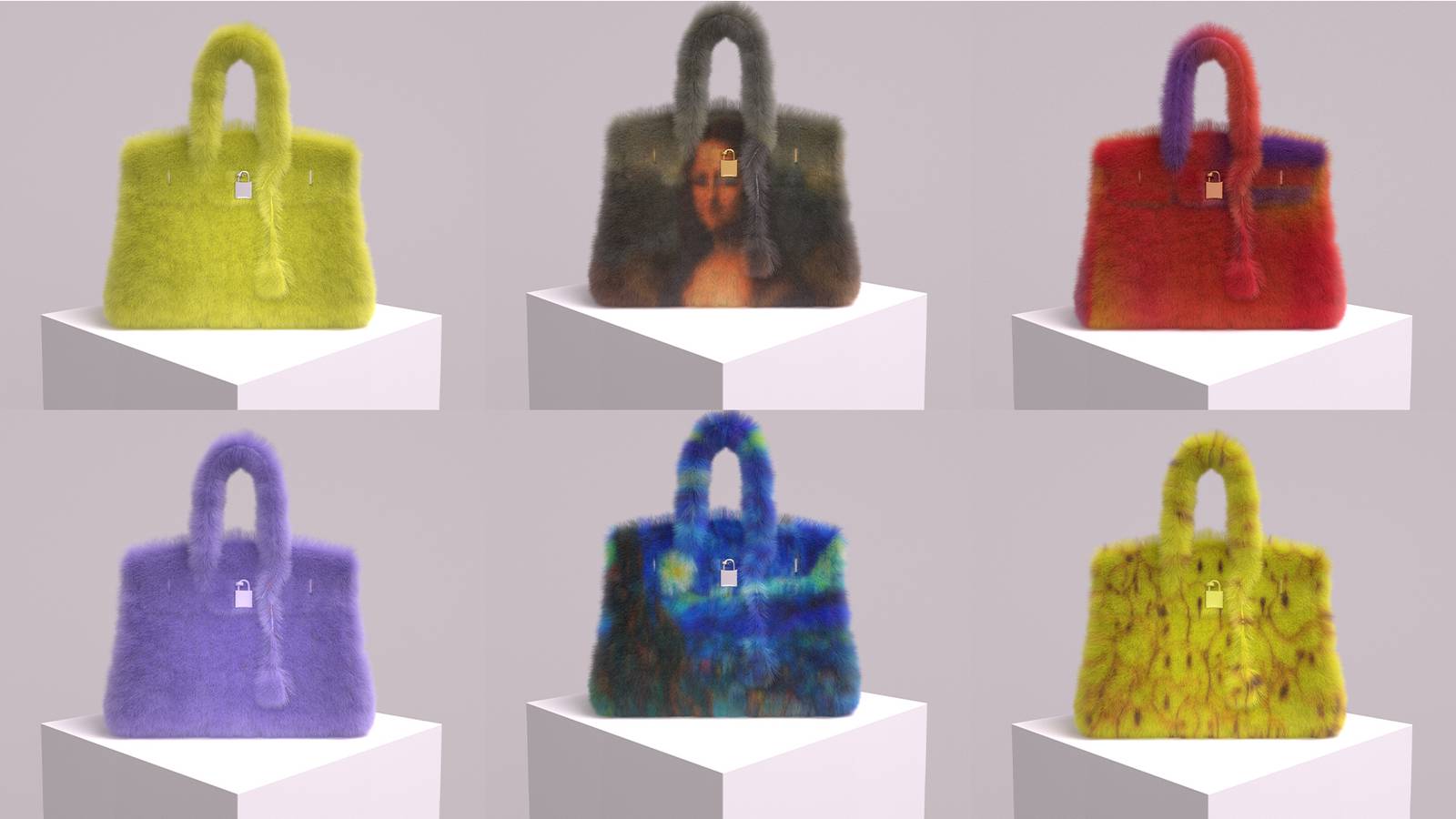The Alpha:
- It’s a big day for legal precedent in Web3, as the lawsuit between luxury brand Hermès International SA, and Mason Rothschild, the artist behind the controversial MetaBirkin NFT project, has been settled.
- After six days of proceedings in a Manhattan courtroom, the ruling came back that Rothschild’s sale of handbag-inspired NFTs violated Hermès’ rights to the “Birkin” trademark.
- A nine-person jury issued a verdict on Wednesday, February 8, awarding Hermès $133,000 in total damages and finding that Rothschild’s NFTs aren’t protected speech under the First Amendment.
- With regulation surrounding crypto and NFTs still vastly unestablished, this case will likely set the tone for future proceedings to be considered matters of intellectual property law.
Dive Deeper:
On January 14, 2022, Hermès International sued Rothschild for trademark infringement following the release of MetaBirkins— a collection of 100 NFT purses covered in faux fur which bore a striking resemblance (in name and image) to the French fashion house’s well-known Birkin bags.
In its original 47-page complaint, Hermès argued that Rothschild’s MetaBirkins NFT collection is “likely to cause consumer confusion and mistake in the minds of the public.” Further, Hermès asserted that Rothschild has also visibly profited from the unauthorized use of the trademark through the sale and resale of the NFTs. Meanwhile, Rothschild argued that he should be allowed to “create art based on [his] interpretations of the world around [him],” citing “fair use” and specifically referencing Andy Warhol’s Campbell Soup Cans series.
In the end, the jury sided with Hermès. They determined that Rothschild had indeed infringed upon the trademark and that NFTs should be seen akin to consumer products and subject to trademark laws that often help protect influential clothing brands from copycats and the sale of knockoff goods.
What’s Next
For years, NFT creators have operated under the assumption that the decentralized nature of the blockchain, paired with protections from the First Amendment, would be sufficient to keep most out of hot water. Yet, with this latest ruling, the court has seemingly indirectly warned creators that intellectual property law should be considered enforceable on the blockchain. After less than a month of proceedings, the trial has made a major statement regarding how NFTs exist at the intersection of intellectual property law and constitutional law.
Considering the wide array of derivative and copycat NFT collections often launched in response to notable brands (like Porsche) entering the space, Web3 creators will need to think twice before venturing into what could be considered potential trademark infringement territory.
But wait! There’s more:
This story was breaking and has been updated.
Credit: Source link


























